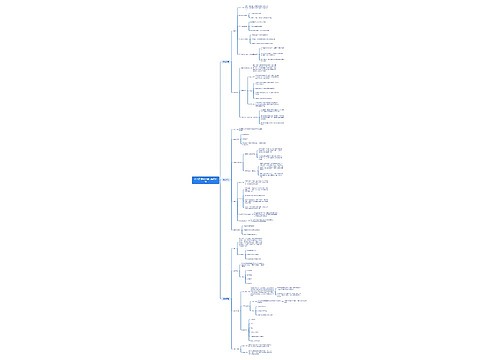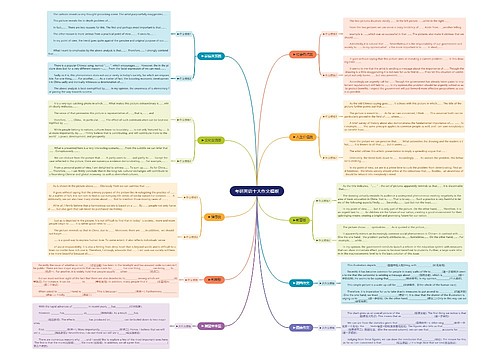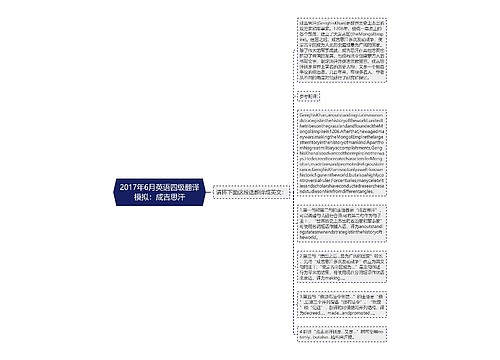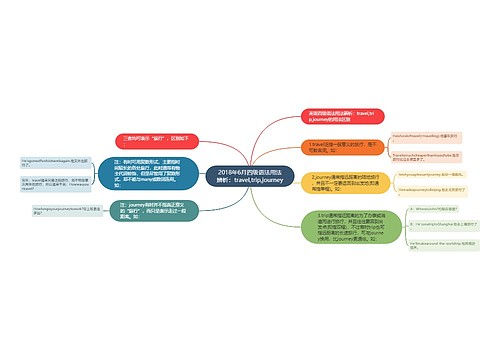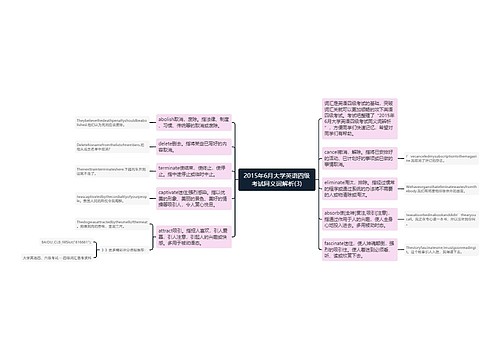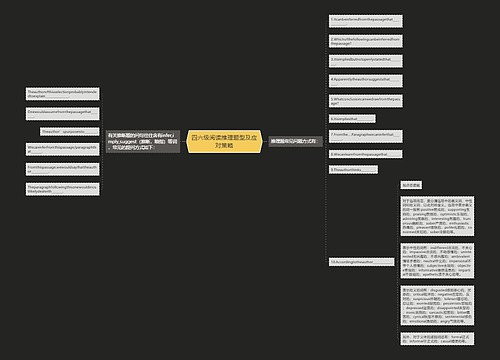Ineverycultivatedlanguagetherearetwogreatclassesofwordswhich,takentogether,comprisethewholevocabulary.First,therearethosewords1whichwebecomeacquaintedindailyconversation,whichwe2,thatistosay,fromthe3ofourownfamilyandfromourfamiliarassociates,and4weshouldknowanduse5wecouldnotreadorwrite.They6thecommonthingsoflife,andarethestockintradeofallwho7thelanguage.Suchwordsmaybecalled“popular”,sincetheybelongtothepeople8andarenottheexclusive9ofalimitedclass.Ontheotherhand,ourlanguage10amultitudeofwordswhicharecomparatively11usedinordinaryconversation.Theirmeaningsareknowntoeveryeducatedperson,butthereislittle12tousethemathomeorinthemarket-place.Our13acquaintancewiththemcomesnotfromourmother's14orfromthetalkofourschool-mates,15frombooksthatweread,lecturesthatwe16,orthemore17conversationofhighlyeducatedspeakerswhoarediscussingsomeparticular18inastyleappropriatelyelevatedabovethehabitual19ofeverydaylife.Suchwordsarecalled“learned”,andthe20betweenthemandthe“popular”wordsisofgreatimportancetoarightunderstandingoflinguisticprocess.
1.A.atB.withC.byD.through
2.A.studyB.imitateC.stimulateD.learn
3.A.matesB.relativesC.membersD.fellows
4.A.whichB.thatC.thoseD.ones
5.A.evenB.despiteC.evenifD.inspiteof
6.A.mindB.concernC.careD.involve
7.A.hireB.applyC.adoptD.use
8.A.inpublicB.atmostC.atlarge
9.A.rightB.privilegeC.shareD.possession
10.A.consistsB.comprisesC.constitutesD.composes
11.A.seldomB.muchC.neverD.often
12.A.prospectB.wayC.reasonD.necessity
13.A.primaryB.firstC.principalD.prior
14.A.tipsB.mouthC.lipsD.tongue
15.A.besidesB.andC.orD.but
16.A.hearofB.attendC.hearfromD.listen
17.A.formerB.formulaC.formalD.formative
18.A.themeB.topicC.ideaD.point
19.A.borderB.linkC.degreeD.extent
20.A.diversionB.distinctionC.diversityD.similarity
1.【答案】B
【解析】本句中由withwhich引导的定语从句,修饰先行词thosewords。短语becomeacquaintedwithsb./sth.意为“认识某人,了解某事。”
2.【答案】D
【解析】imitate意为“模仿”,stimulate意为“刺激,激发”。study和learn都有“学习”的意思,study着重研究,而learn指一般性的学习,故选D。
3.【答案】C
【解析】mate意为“伙伴,同事”,可组成复合名词,如:classmate同学,roommate同房间的人。relative意为“亲戚”,member意为“成员”,familymember意为“家庭成员”,fellow意为“伙伴,家伙”。
4.【答案】A
【解析】which引导非限制性定语从句,和前面的定语从句并列,修饰先行词thosewords,关系代词that只能在限制性定语从句中代替which。
5.【答案】C
【解析】evenif在这里引导条件状语从句。Even是副词,不能引导状语从句。Inspiteof和despite表示“尽管”,为介词词组或介词,也不能引导状语从句。
6.【答案】B
【解析】本句的意思是“它们涉及生活中的一般性事情,是所有使用这种语言的人惯用的语言材料。Concern意为“涉及”,mind和care表示“介意,计较”,relate表示“讲述、叙述”。
7.【答案】D
【解析】use意为“使用”,apply意为“运用”,hire意为“雇用”,adopt意为“采纳”。
8.【答案】C
【解析】atlarge意为“普遍的、一般的”,inpublic意为“公开地、当众”,atmost意为“至多、不超过”,atbest意为“充其量、至多”。
9.【答案】C
【解析】share意为“份额、共享”。right和privilege意为“权利、特权”,在本句不符合题意。possession意为“拥有、占有”,通常指拥有财物。
10.【答案】B
【解析】comprise“包含、包括、由……组成”。compose常用于被动结构becomposedof表示“由……组成”。consist是不及物动词,必须和of组成短语动词表示“由……组成”,constitute意为“构成”。
12.【答案】D
【解析】prospect意为“前景”;way“方式”;reason“理由”;necessity“必要性”。本句只有necessity符合句意。
13.【答案】B
【解析】本句意为“我们最初既不是从母亲嘴里,也不是从同学那里了解这些单词的……”first“第一、首先”;primary“基本的、原始的”;prior“优先的、在先的”;principal“主要的、首要的”。
14.【答案】C
【解析】learnsthfromoneslips是固定搭配,表示“从某人嘴里得知”。
16.【答案】B
【解析】attendalecture“参加一个讲座”。
17.【答案】C
【解析】formal“正式的”;former“以前的”;formula“公式、方程”;formative“形成的”。
18.【答案】B
【解析】topic“话题”;theme“主题”;point“要点”。本句指讨论的话题,故选topic。
19.【答案】D
【解析】degree和extent均可表示程度,但extent还可表示“范围”。本句意为:……讨论问题的方式超越了日常生活的范围,所以选extent。Border边界,link连接。
20.【答案】B
【解析】diversion“转移、转向”;distinction“差别”;diversity“多样性、变化”;similary“相似之处”。本句意为:学术性词语和大众化词语之间的差别,故选distinction。



